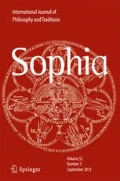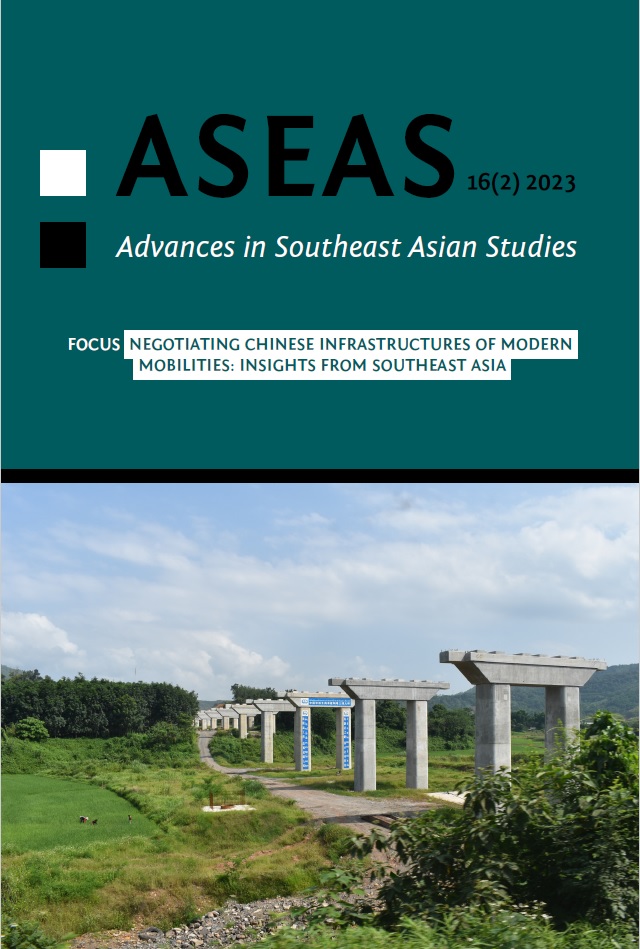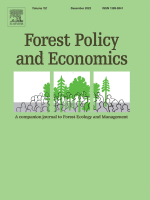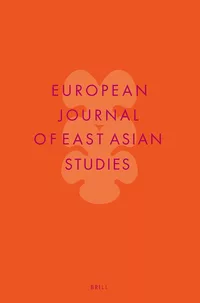Background
Global health foregrounds trust as a key requirement for the achievement of international health initiatives, but it remains an elusive concept that is often mobilised without consideration of its dimensions, drivers and downstream behavioural consequences. This paper aims to contribute to the conceptual development and measurement of ‘patient trust in primary healthcare’ from the lower middle-income country perspective of rural Lao PDR.
Methods
A two-phase mixed-method research design was implemented between January 2021 and April 2023. Phase 1 involved exploratory qualitative research to understand the local expressions and dimensions of patient trust in primary healthcare, with 25 semistructured interviews and 17 focus group discussions (120 participants) in eight villages in Bokeo Province. Phase 2 involved explanatory research to assess patterns of trust systematically at scale in 14 villages across four provinces, wherein 26 cognitive interviews, 17 expert interviews and non-participant community observations informed a community census survey with 1838 participants. We analysed qualitative data through content-oriented thematic analysis and developed an 8-item trust scale on that basis. Quantitative data analysis used descriptive statistical and regression analysis.
Results
We found that trust in primary healthcare is readily understood and intrinsically valuable in rural Lao PDR. Key dimensions included communication, respectful care, relationship, fairness, integrity, reputation, assurance of treatment and competence. The survey highlighted that reputation, competence, integrity and respectful care had the lowest trust scores. Health centre operations predicted the local expressions of trust. The behavioural consequences of trust were limited to a positive statistical association with antenatal care uptake among pregnant women but outweighed by alternative measures that also captured the availability of healthcare facilities. Conclusions Overall, the development of our quantitative trust scale offers a process model for future researchers. We conclude that interpersonal, institutional and service-related trust require more explicit recognition in health system development and integration into health policy.































